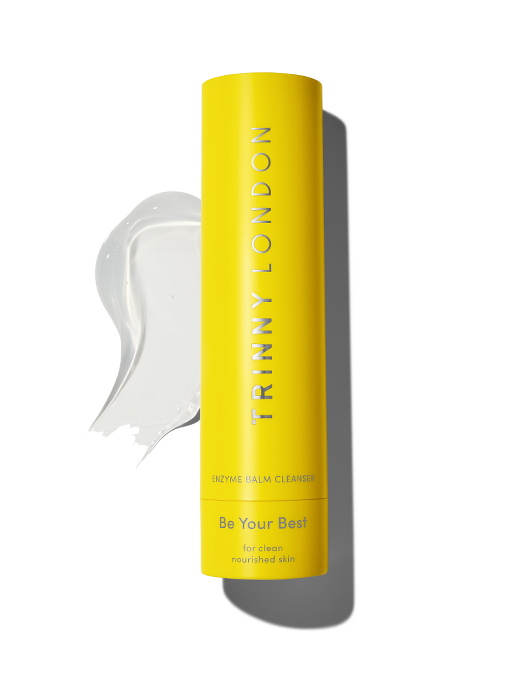
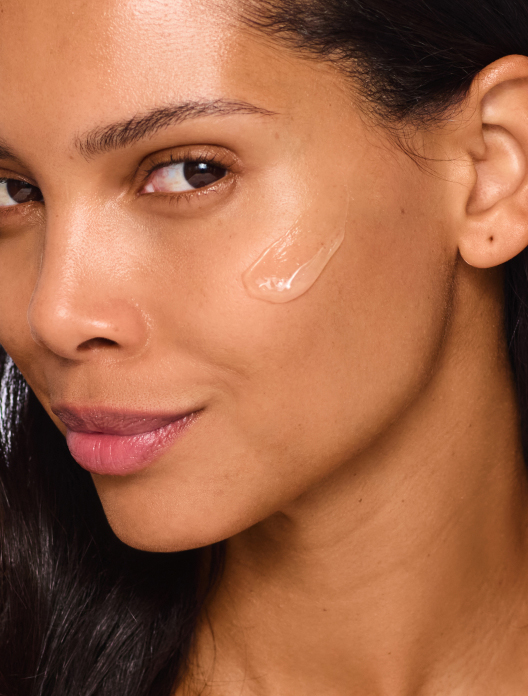
Be Your Best
Oil-based transforming cleanser for clean, nourished skin, suitable for all skin types
Choose 3 free samples with every order

Here are the most common face-washing mistakes, and how to steer clear of them. What can we say, you learn something new every day...
What is cleansing? Well, it's the process of keeping your skin clean, but striking a balance is key. Wash your face too regularly and you risk disrupting the skin’s natural microbiome (the colony of bacteria that live on its surface) as well as stripping away much-needed oils. Skipping cleansing and sleeping in your makeup comes with its own problems, with daily grime clogging pores and robbing your skin of radiance.
Goldilocks is your guru when it comes to cleansing. Not too much, not too little, you’re aiming for the “just right” sweet spot of twice a day, morning and night. Whether you add a double cleanse in the evening is up to personal preference, but we would recommend it if you wear makeup or SPF.
Makeup wipes are not only bad news for the planet, they’re bad news for your skin too. A wipe will remove the surface layers of makeup and dirt, but it won’t get into the nitty gritty – think of it like jumping under a shower for 10 seconds instead of washing properly with shower gel. If you need any more convincing to ditch the wipes, blot your face with a damp white flannel after using. You’ll be able to see just how much makeup is still on your skin.
Again, the goldilocks mantra applies. When cleansing your skin, you should be using water that’s lukewarm instead of scorching hot or icy cold. Too hot water dehydrates the skin, exacerbating problems like a dry, itchy complexion, while cold water can shock the skin, igniting a stress response. Tepid is best.
There’s no one-size-fits-all approach when it comes to cleansers. Which product is right for you will be determined by your skin type. For example, if it’s dry or dehydrated, it’ll need a nourishing balm cleanser to wash away the day as well as soothe and hydrate your skin. If your complexion is oily or congested, a gel cleanser with exfoliating components will deliver a satisfyingly deep cleanse.
Feeling like your skin is uncomfortably tight or coated in an invisible film after cleansing are both tell-tale signs you might need to switch it up.
Some mascaras can be difficult to shift but resist the urge to scrub. The skin around your eyes is much thinner than the rest of your face, making it easier to damage. Picture it like a piece of tissue paper compared to sturdy cardboard – it’s not hard to see which would be easier to crumple. So instead of rubbing, press a damp muslin cloth onto the eyes, hold for a couple of seconds and gently swipe away. Repeat the process until there's no more makeup appearing on the cloth.
Sitting in the no man's land between face and body care, the neck is often neglected. And if you’re noticing that rings are forming or becoming darker around your neck, then this could be a sign it’s in need of a deep clean. Daily dirt and products like fake tan have a tendency to settle here, amplifying the creases and making them more noticeable.
Much like the skin around your eyes, the skin on your neck is less robust than the skin on your face, so take a gentle approach when cleansing, treating the skin carefully.
Picture the scene at your bathroom sink. You’ve just treated your skin to a gorgeous double cleanse, even throwing in a spot of facial massage to wake up your lymphatic system. Now, how do you finish your regime? By drying your face with a fluffy, just-washed towel fresh from the airing cupboard or with the damp, ever-so-slightly musty one that’s been hanging from the towel rail for the best part of a week? If it’s the latter, we’re not judging, but it could be stopping you from reaping the full benefits of your hard work. Same goes for rinsing with a grubby muslin cloth. Pop in the wash after each use and use a fresh one every day.
If applying and working your cleanser into the skin is the main event, then rinsing it away is the very important finale. Cleansers are not designed to stay on the skin for prolonged periods of time, and therefore can cause irritation if not rinsed and removed thoroughly. Rinse skin until you think every scrap of cleanser is gone, then go again for an extra 10 seconds for luck.
Shop the article


Oil-based transforming cleanser for clean, nourished skin, suitable for all skin types
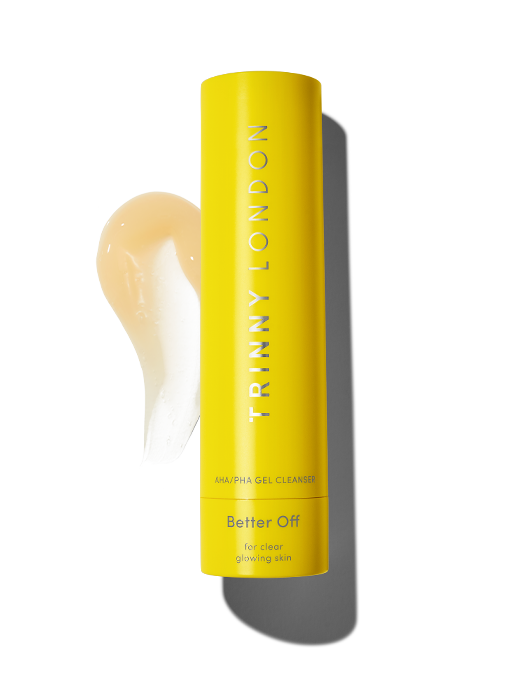
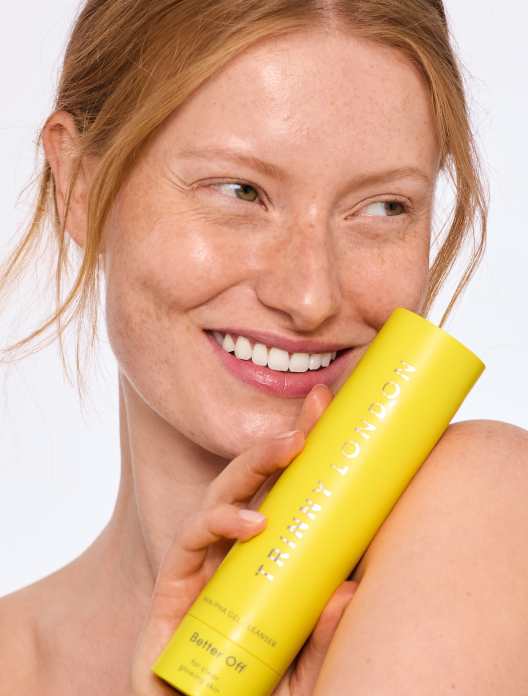
Exfoliating gel cleanser for clear, glowing skin, suitable for all skin types
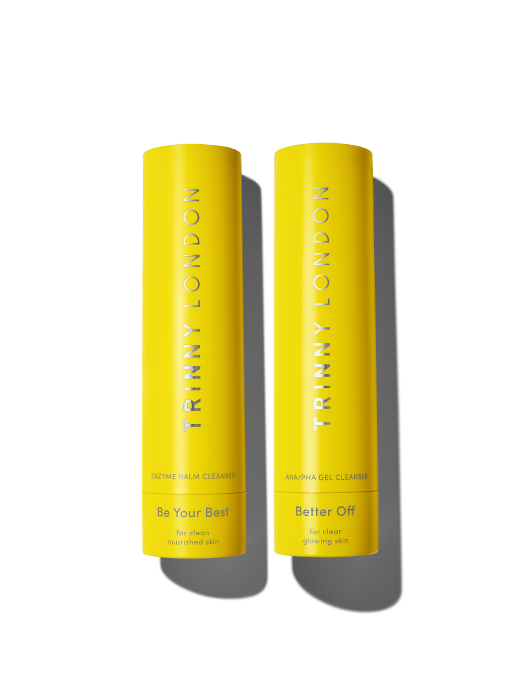
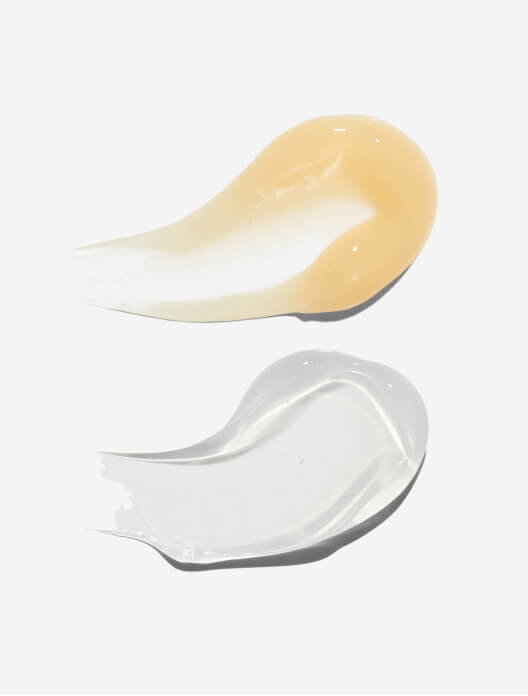
The ultimate deep clean for all skin types. Enzyme balm cleanser & AHA/PHA gel cleanser


Pure cotton muslin cloths for a really deep clean
Read, watch and be inspired...